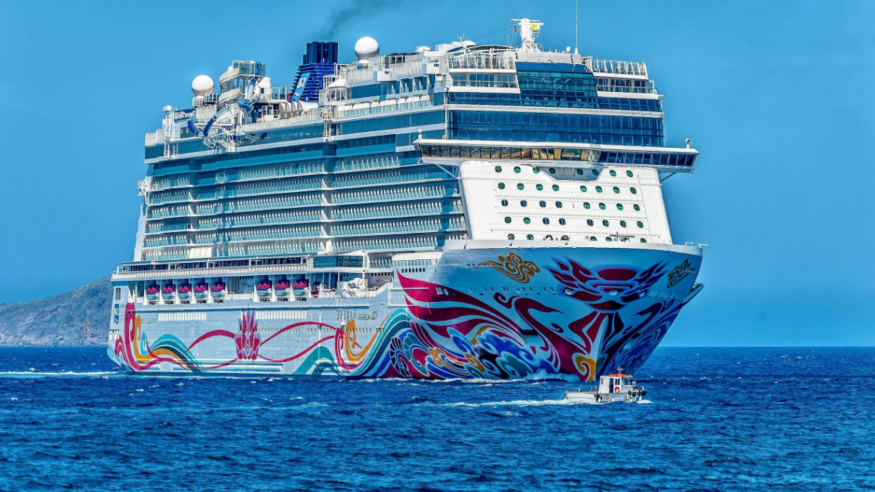
Two elderly American cruise passengers died on the same day while visiting Carnival Cruise Line's private destination, Celebration Key, in the Bahamas.
According to the Royal Bahamas Police Force, a 79-year-old man became unresponsive while snorkelling on the beach and could not be revived, despite efforts by a lifeguard and onboard medical staff. Separately, a 74-year-old woman was reported unresponsive while swimming in a pool and was later pronounced dead.
Both passengers were travelling with family and were sailing on two different Carnival ships — Carnival Mardi Gras and Carnival Elation. Carnival's spokesperson confirmed that their Care Team is supporting the affected families and that investigations are ongoing. Autopsies will be conducted by Bahamian authorities to determine the exact causes of death.
@nbcnews Two American Carnival Cruise Line passengers drowned in separate incidents in the Bahamas.
♬ original sound - nbcnews - nbcnews
How Common Are Cruise Ship Deaths?
Although rare, deaths on cruise ships and during shore excursions do occur — most often from natural causes, especially among older travellers.
A six-year study of two cruise ships carrying passengers with a median age of 65 found 25 deaths onboard, averaging around one every six months per vessel. Causes included cardiac events, medical complications, and a small number related to accidents.
Cruise lines are equipped with onboard medical teams, but resources are limited compared to hospitals on land, especially in urgent or severe cases.
Drownings on Cruises: A Serious but Infrequent Risk
Drownings on cruise holidays are uncommon, but they remain one of the more serious types of incidents reported. Activities like snorkelling, swimming in pools, or engaging in water sports — particularly during excursions — carry higher risks, especially for older passengers or those with pre-existing conditions.
Cruise ships and private destinations like Celebration Key typically provide lifeguards and first responders, but fatalities can still occur suddenly and with little warning.
What Happens If Someone Dies on a Cruise?
When a death occurs at sea or on a cruise-owned destination, strict protocols are followed. Medical staff confirm the death and notify the ship's captain and authorities. Communication is discreet, often using internal codes to avoid alarming other guests.
If the deceased was travelling alone, emergency contacts are informed. If they were accompanied by family, trained crew members deliver the news and offer support.
Are You At Risk, and Could This Happen to You?
Passengers aged over 65 or with underlying health conditions face higher health risks while cruising. Drownings may also occur due to fatigue, medication side effects, dehydration, or unfamiliar environments — even in shallow water.
Cruise passengers are encouraged to inform staff of any medical conditions in advance and to take caution during water activities, particularly when no lifeguard is immediately visible.
Legal and Financial Implications for Families
In most cases, cruise lines assist with repatriation, but families may be responsible for costs unless they hold appropriate travel insurance.
Repatriation costs can range from £2,000 to £10,000 (approximately $2,640 to $13,200), depending on the location and transport method.
If negligence is suspected — such as inadequate staffing or poor emergency response — families may seek legal support under maritime law. These cases can involve complex international rules and require experienced representation.
Final Word: Stay Aware, Not Afraid
While these incidents are tragic, they remain relatively uncommon across the cruise industry. Cruise lines continue to enforce strict safety measures, and most trips are completed without major incident.
However, passengers should take precautions, stay aware of their physical limits, and always follow safety guidance, both onboard and at private destinations like Celebration Key.
Originally published on IBTimes UK
This article is copyrighted by IBTimes.co.uk, the business news leader



